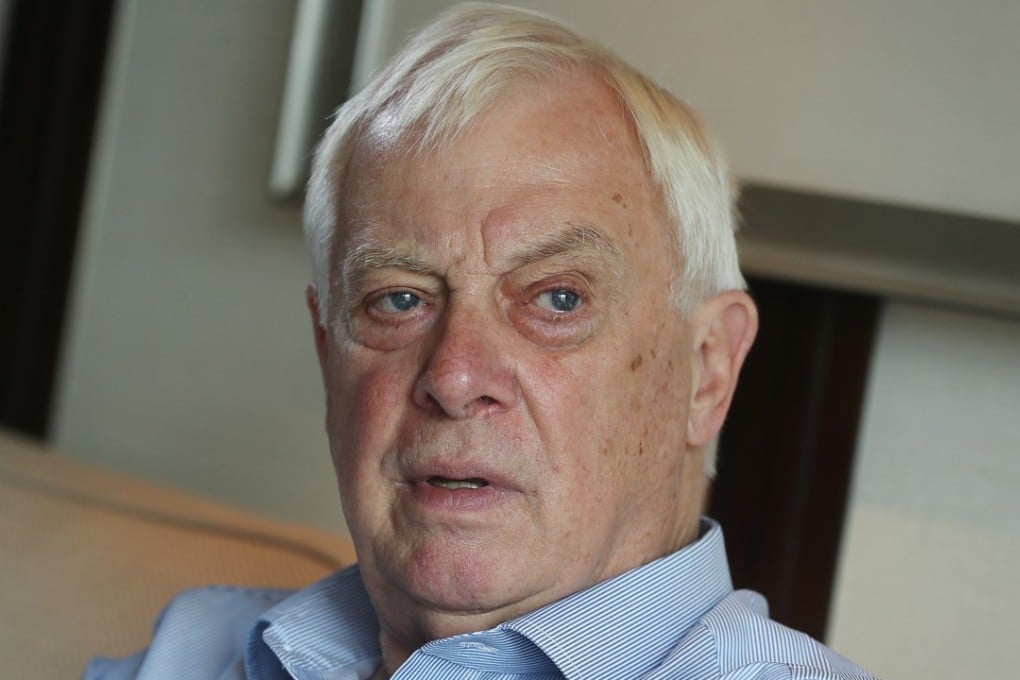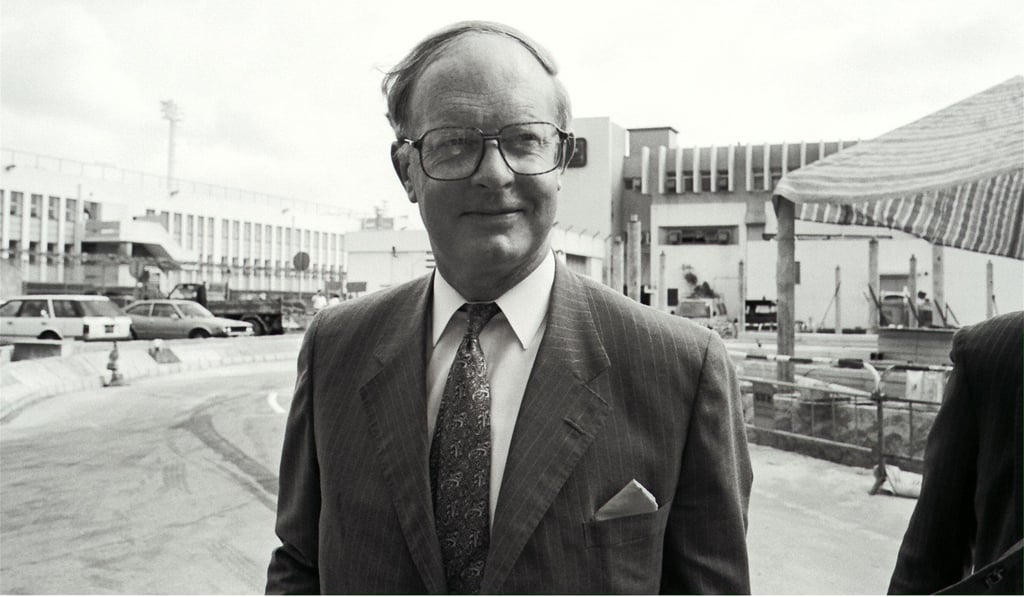Declassified British files show how Beijing tried to stifle 1990s democratic reform in Hong Kong with airport finance negotiations
Minutes of Cabinet Office meetings released by Britain’s National Archives shed light on wrangling in the run-up to transfer of sovereignty in 1997

A new batch of declassified British government files has shed light on how Beijing tried to use negotiations over airport construction financing in the 1990s to curtail the development of democracy in Hong Kong and undermine public support for the city’s last colonial governor Chris Patten.
Minutes of Cabinet Office meetings released by Britain’s National Archives on Thursday also show how London tried to internationalise Hong Kong affairs in its dealings with Beijing over the city’s future in an attempt to garner support for its positions.
In a meeting on July 14, 1992, it was reported that John Coles, then deputy undersecretary in the Foreign and Commonwealth Office, had visited Beijing as “the prime minister’s personal emissary” to discuss financing for Hong Kong’s new airport at Chek Lap Kok off Lantau.

Beijing is said to have objected to what was called the “callable equity” in the project.
“The Chinese government made limited counter proposals. They were trying to link the airport to the issue of the composition of the Executive Council and the number of directly elected seats in the Legislative Council. Mr Patten would no doubt want to think carefully before responding,” the minutes read, without specifying whose words they were.
